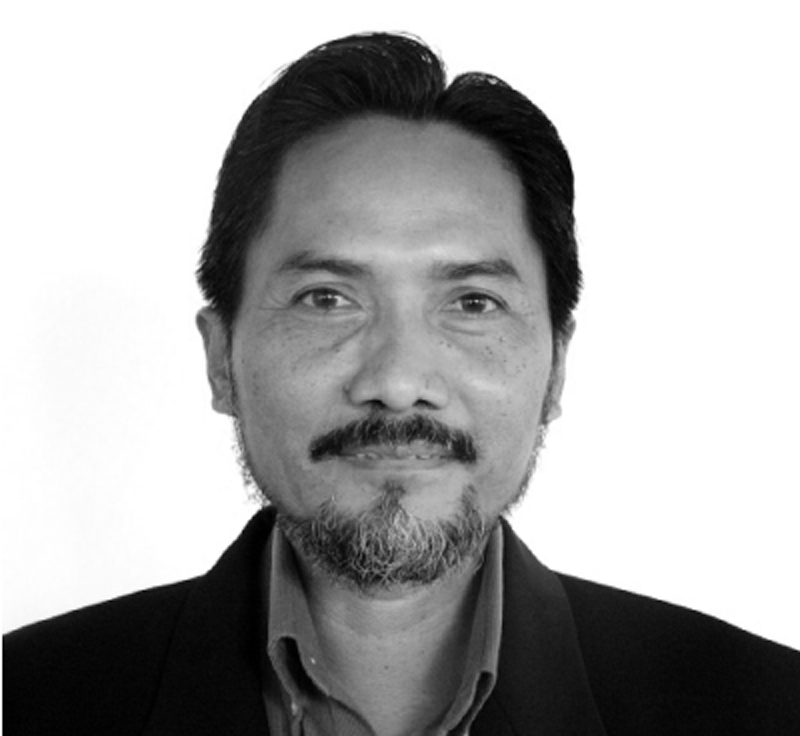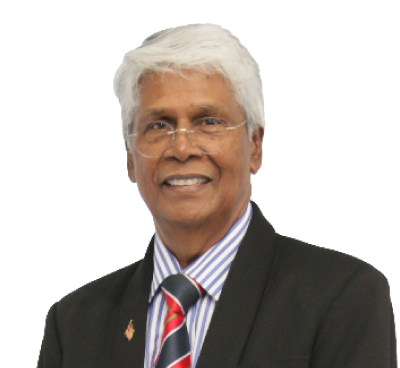
Professor Dr Zhari Ismail FASc
April 28, 2023
ACADEMICIAN PROFESSOR DATO’ DR KHAIRUL ANUAR ABDULLAH FASc (3 May 1948 – 16 January 2022)
Academician Professor Dato’ Dr Khairul Anuar Abdullah FASc was born in Batu Gajah, Perak in 1948. He was an expert on tropical diseases and contributed significantly in the diagnosis and management of toxoplasma in mothers and newborns.
Dr Khairul obtained his degree in Biomedical Science from Gadjah Mada University in 1975 and completed his Master in Public Health and PhD at Tulane University, New Orleans, USA. In 1986, he was awarded the Fulbright Scholar, which took him to the Harvard Medical School, USA, as a visiting Medical Scientist.
His career began when he joined the Faculty of Medicine, Universiti Sains Malaysia (USM) as a Founding Faculty member in 1982. He was instrumental in setting up USM’s Medical Faculty with its trailblazing integrated problem-based curriculum.
In 1995, he moved to the University of Malaya to head its Department of Parasitology. Later, as Deputy Dean and Acting Dean of the Faculty of Medicine, he spearheaded its curriculum into what it is today. In 1998, he led a group of researchers to conduct a study on migrant workers in the country, which revealed the importance of health screening of these workers in preventing the spread of transmittable diseases. He published over 175 scientific papers in peer-reviewed journals and received numerous awards such as the Malaysian Toray Science & Technology Award (1999) and The Sandosham Gold Medal (2000).
Dr Khairul was the Founding Dean of the Faculty of Medicine of the MAHSA University College, where he established clinical training centres in urban and rural areas. His incorporation of IT and multimedia tools in teaching medicine revolutionised medical education in Malaysia. He also held the position of
Vice -Chancellor of MAHSA University.
At the international level, he served as a member of the Council for APEC in Japan (1997-2002) for soil-transmitted helminth and played a role in the formulation of policies on control measures and treatments of helminthic infection in Asia. He was a member of the steering committee in Geneva on the Global Elimination of Lymphatic Filariasis, and a board member of the Asia Pacific Academic Consortium on Public Health (APACPH).
Dr Khairul was elected ASM Fellow in 2002 and contributed actively through various committees and task forces on health affairs. He represented ASM at many international meetings, as a Board Member of the Association of Academies of Sciences in Asia (AASA) and a member of the Federation of Asian Scientific Academies and Societies (FASAS). Dr Khairul has made outstanding contributions to infectious disease diagnosis and the development of innovative education methods in Malaysia. He will be greatly missed.
